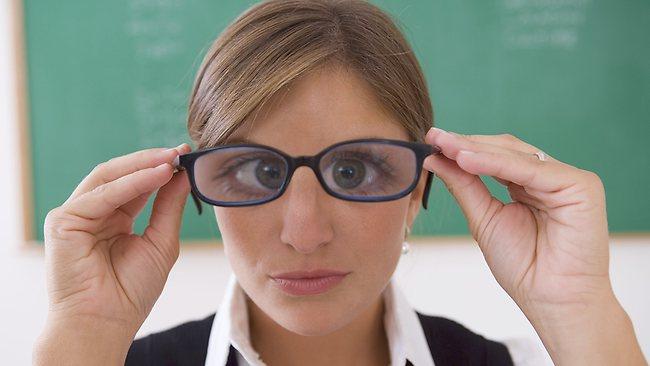The 1990s have already become a foreign country
IMAGINE if in the late 1990s we could have known that the 2000s would be marked by social movements such as sea change.

IMAGINE if in the late 1990s we could have known that the 2000s would be marked by social movements such as sea change, by new technology such as smartphones, by new ways of socialising such as Twitter and Facebook, by a brand of terrorism called al-Qa'ida and by the emergence of a new superpower, China.
Or indeed that on the cusp of the global financial crisis in 2008, the 2010s would be shaped by the emergence of Australian towns that facilitate the extraction and delivery of resources to China.
I am not entirely sure what someone from the late 1990s or the mid-2000s would have made of all of these predictions -- they might well have dismissed them as idle speculation.
Imagine if you had the ability to travel through time: to flit forward to the end of next year or further forwards to 2017 and then backwards to 2007. If it were possible to move forward say 12 months and spend a day in the future, I wonder how different life would be? I have often mused about this.
What would a person from 1956 make of a day in our lives in 2011? What would we think if we could spend a day in 1956 and then return to our time? I suppose it would depend on the year. If we travelled back barely 12 months, perhaps we wouldn't notice much difference. Or would we?
In some years there might be a new prime minister or US president, but in other recent years there's probably not that much difference between life now and life back then. The dead giveaway that you have, in fact, moved into the future might not be a change in the world order or in the invention of flying cars, it's more likely to be in small differences that we notice in, say, everyday hairstyles, fashion and eyewear and in the technology readily apparent on the street.
It might even be in the use of words that have yet to be coined or borrowed from an emerging power. Do you think Chinese and Indian words might litter our language by 2020 the way Japanese words -- sushi and bushido, to say nothing of Sony and Honda -- became part of our lexicon in the late 20th century?
When most people think of the future they think of a holistic shift in thinking and behaviour. But in reality the future is connected to the present by a series of strands, some of which are more susceptible to changes in time than others. I think there's a hierarchy of things that change with time. Some things take years, decades, to change; others change annually or even by season.
Oddly, the things that seem to change most quickly are the things we keep closest to us. Get out your family photo album (itself an artifact that ceased to be invested in following the mass market adoption of digital cameras in about 2003) and look at pictures of yourself in 1990. Generation Y might like to consider themselves in a 2005 picture.
Apart from the fact you were some years younger and no doubt slimmer, what has most changed? I think what you would say is your hairstyle and clothing, perhaps even the people you are pictured with.
Is anyone wearing glasses and do they look odd (the glasses, not your friend) by today's fashion? What about the watch or the jewellery? Are they also somehow distinctively show signs of being "so early 90s"?
Now look at a similar group photo from today. Someone will have a mobile phone. Either in their hand or jammed in their pocket.
Groups of Generation Ys in cafes always intrigue me: they chat and socialise with one hand on a latte and the other on a smartphone. And often the phone will be in use drawing in third parties to virtually join the happy throng. This is an ultra-modern concept of 20-something socialising that would have been hard to comprehend in 2000, let alone 1990.
From this exercise it is easy to see what changes most quickly over time. Employers, friends, even partners come and go. Fashion rises and falls. Technology infiltrates our lives and then recedes only to be superseded by something newer, brighter, better.
In studying that picture of yourself perhaps with a group of friends in 1990, is it possible to recall each person's occupation or employer?
I suspect that of those people still with us two decades later, no one is in the same job. In fact, I would go so far as to say that most of the establishments that provided employment for this group of people have changed: morphed into some other entity, most likely.
Does this mean that the entity for which you now work will not exist in its current form in 20 or 10 years?
This evidence from the past is evidence for the future. Consider your life, your relationships, your occupation, your dress and your ornamentation: it will all be so different in 20 years; it may be well on the way to being very different within 10 years.
When considering the future, and especially the immediate future, a good place to start is the recent past. Understand how things have changed and ask yourself how you might have better been prepared. Once you have done this, you are better prepared for how things might change in the 2010s.
Edited extract from KPMG partner Bernard Salt's new book The Big Tilt
twitter.com/bernardsalt
Facebook/BernardSalt/b
salt@kpmg.com.au


